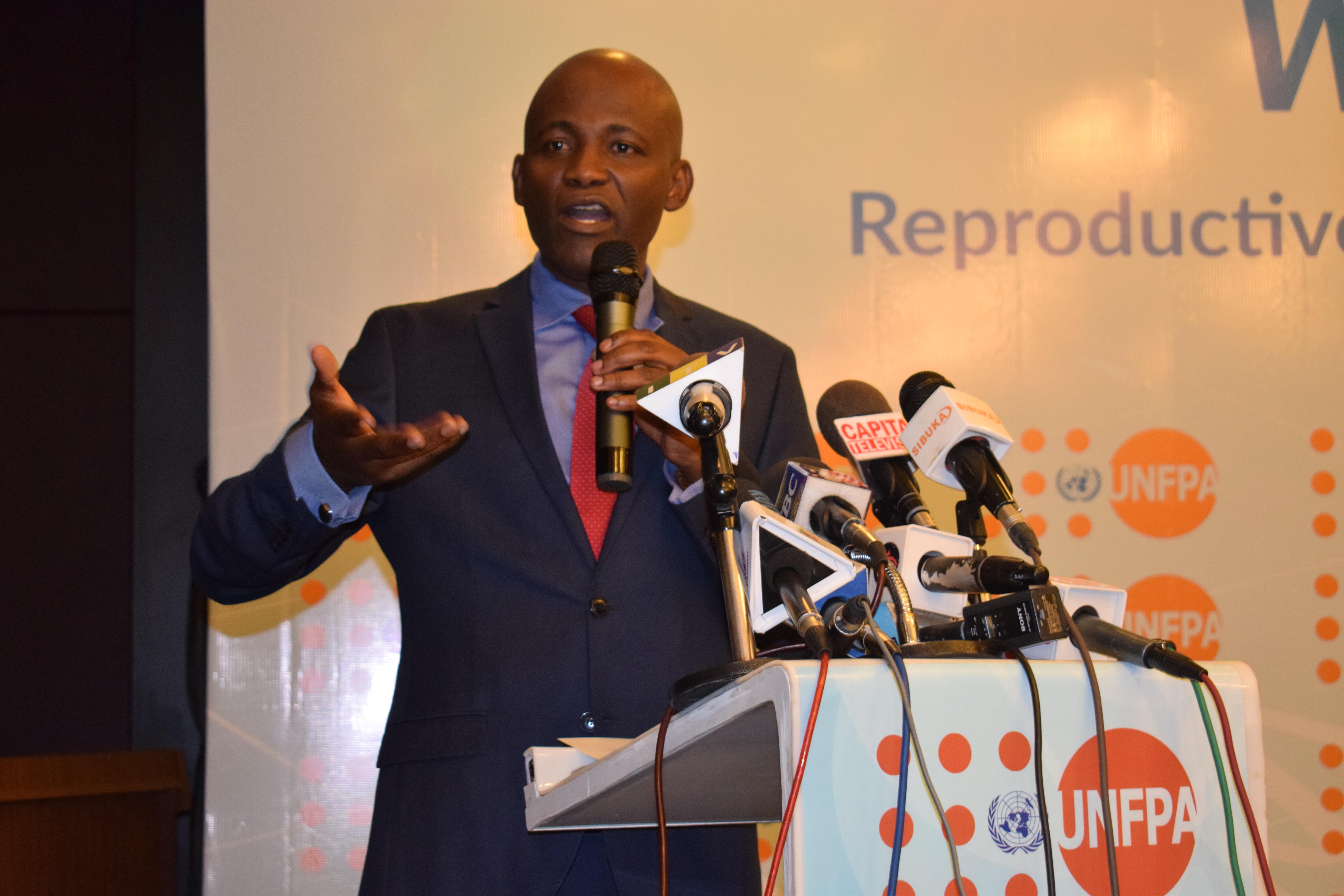The government has emphasized the need for family planning commodities and services across the country that are essential to check population growth. It has promised to cooperate with various development stakeholders to address reproductive health challenges in the community in order to ensure the well-being of the population and enable them to participate in development activities.
The Deputy Minister of Health, Community Development, Gender, Elderly and Children, Dr Faustine Ndugulile, made the remarks in Dar es salaam on 4 December 2017 during the launch of the State of the World Population Report 2017.
The report shows that the population is increasing at a rate of 2.7 per cent per year, or the equivalent of two million people every year.
“The total fertility rate is five children per woman. The average number of children born to women with no education is seven, while for a form four leaver it is four” he said.
He added that the number of women using family planning methods is only 32 per cent. The goal is to reach 45 per cent by 2020. “If men receive appropriate reproductive health education, it will help to address the existing challenges in regard to family planning” he said.
The Deputy Minister highlighted that women from wealthier quintiles had an average of three children while those from poorer quintiles had an average of eight children. He said education and poverty were factors that needed to be considered to change the reproductive health status of women as well as when providing family planning services in communities.
Dr Ndugulile advised young people to take advantage of existing educational opportunities so that they can contribute to their family, community and national development.
UNFPA Country Office Representative, Ms. Jacqueline Mahon, said the failure to provide reproductive health services, including family planning, to the poorest women can weaken economies and sabotage progress towards the sustainable development goal of eliminating poverty.


